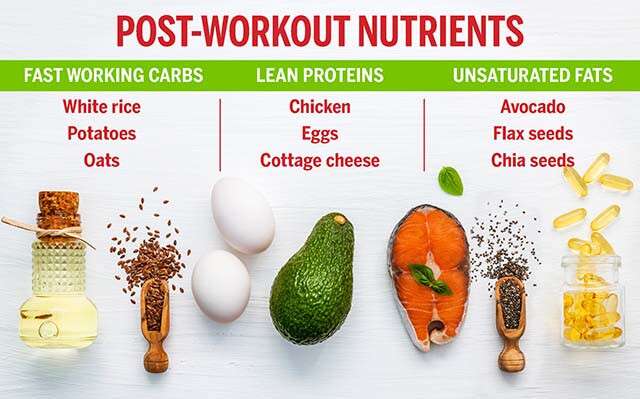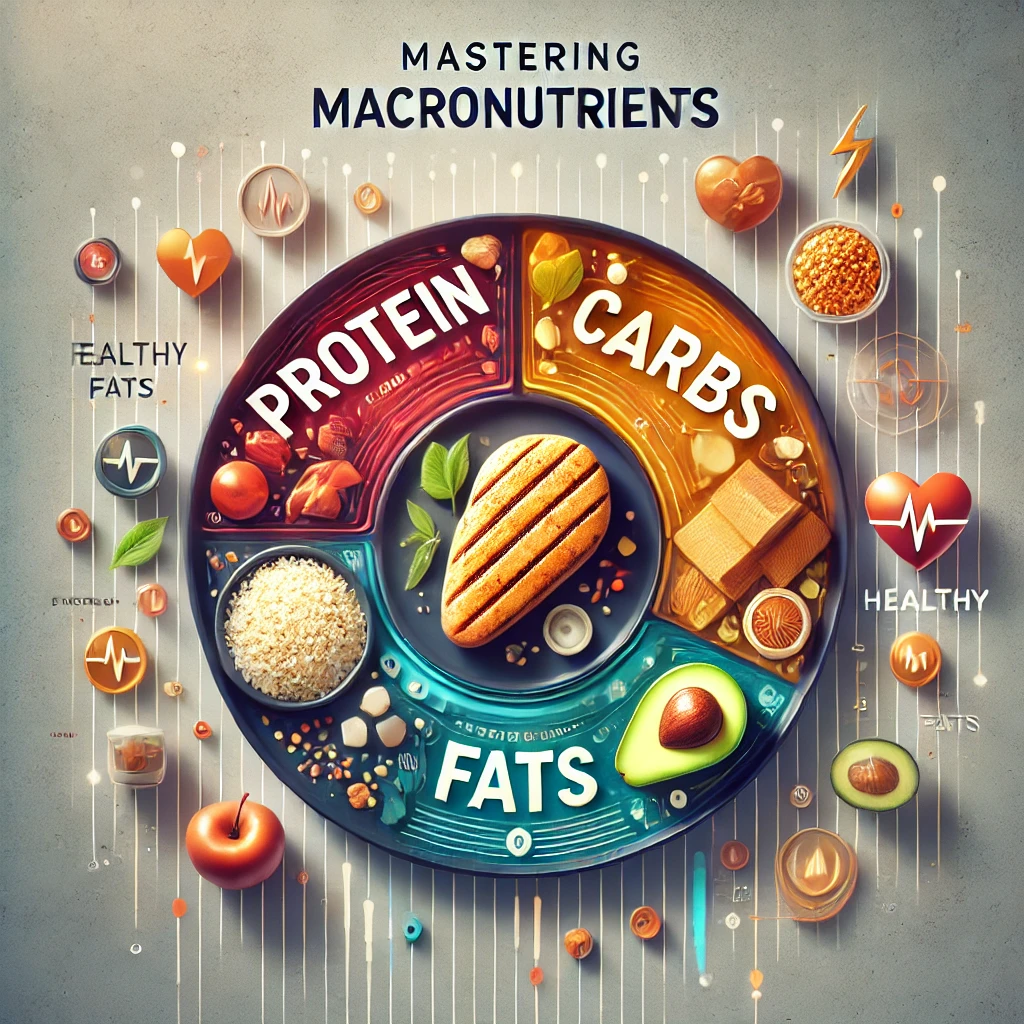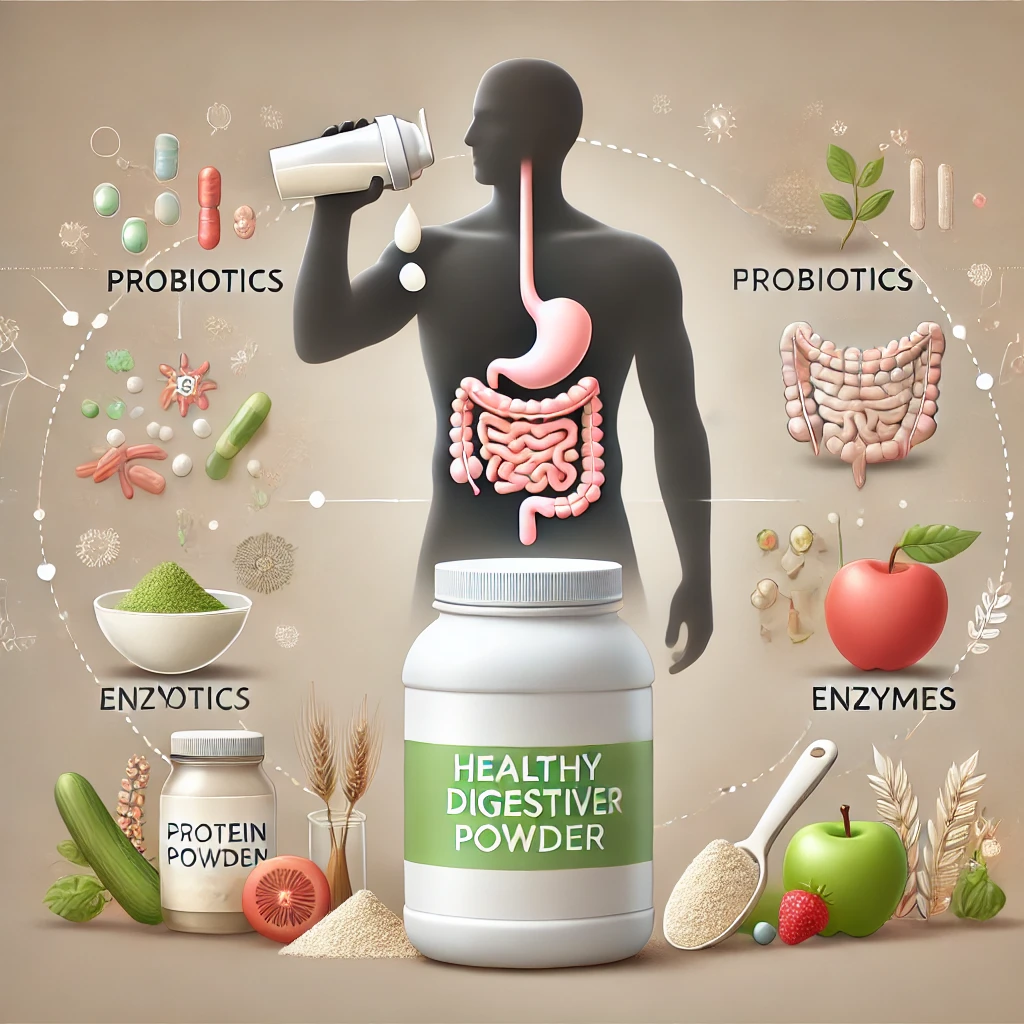Introduction to Post-Workout Nutrition
When you finish a workout, what comes next is just as crucial as the exercise itself. Ever wonder why fitness trainers and athletes always emphasize post-workout nutrition? It’s because what you eat after training can greatly impact your recovery process, strength gains, and overall results. Protein, in particular, plays a major role in muscle repair. Let’s explore why protein powders can be your best friend when it comes to recovering after a sweat session.
Table of Contents
Why Post-Workout Nutrition is Crucial
Post-workout nutrition is all about giving your body the fuel it needs to rebuild and grow stronger. After a strenuous workout, your muscles undergo microtears. These tiny tears are a natural part of the muscle growth process, and the right nutrients help repair them, making muscles stronger and more resistant to future strain. Protein is the star player in this process, ensuring that your muscles recover well and are ready for the next challenge.
The Role of Protein in Muscle Recovery

Protein provides the amino acids that muscles require to repair those microtears effectively. Without adequate protein, your muscles can’t fully recover, leading to prolonged soreness and potentially a greater risk of injury.
What is Protein Powder?
Overview of Protein Powder
Protein powders are concentrated source of dietary protein, extracted from various sources like dairy, plants, or eggs. It comes in different forms—each with its own unique benefits—making it a convenient solution to meet the body’s increased protein needs post-exercise.
Types of Protein Powder Available

Whey Protein
Whey protein is one of the most popular types due to its rapid absorption. Derived from milk, it’s packed with all essential amino acids and is particularly effective for promoting muscle growth and recovery.
Casein Protein
Unlike whey, casein is absorbed more slowly, making it an excellent option for sustained amino acid release over time. It’s ideal for bedtime use, providing a steady supply of nutrients for muscle repair throughout the night.
Plant-Based Protein
For those who are vegan or lactose intolerant, plant-based protein options like pea, soy, or hemp protein are great alternatives. These powders can still provide the necessary amino acids, although sometimes they are a bit lower in specific types like lysine.
The Science Behind Muscle Recovery
How Muscles Repair Themselves After Exercise
After intense exercise, your muscle fibers are in need of repair. Protein synthesis, the process by which new proteins are formed, is the body’s way of rebuilding damaged muscle fibers and making them stronger.
Protein Synthesis and Muscle Growth
Protein synthesis involves amino acids—the building blocks of muscle. By boosting protein intake right after a workout, you create an environment where protein synthesis exceeds muscle breakdown, leading to increased muscle mass.
How Protein Powders Aid in Muscle Repair and Recovery
Rapid Absorption of Protein Post-Workout
One of the biggest benefits of protein powder is how quickly it is absorbed. After a workout, your muscles are like a sponge—primed to absorb nutrients. Consuming a protein shake within 30 to 60 minutes post-exercise ensures that the amino acids get delivered exactly when your body needs them most, aiding in faster muscle recovery.
Providing Essential Amino Acids
Protein powders are rich in essential amino acids that your body cannot produce on its own. Among these, Branched-Chain Amino Acids (BCAAs) like leucine, isoleucine, and valine play a crucial role in stimulating muscle protein synthesis and promoting recovery.
Role of Branched-Chain Amino Acids (BCAAs)
BCAAs are particularly effective at reducing muscle soreness and supporting muscle repair. Leucine, for instance, acts as a trigger for protein synthesis, making it vital for anyone looking to boost post-workout muscle recovery.
Reducing Muscle Soreness and Fatigue
Protein powders also help reduce the dreaded Delayed Onset Muscle Soreness (DOMS), which can hit 24-48 hours after an intense workout. By supplying ample protein, you can minimize the stiffness and get back to training sooner.
Comparing Protein Powders to Whole Food Sources

Convenience and Ease of Protein Powder
While whole foods like chicken or eggs are also excellent sources of protein, protein powder offers unmatched convenience. Imagine hitting the gym in the morning and rushing to work—having a quick protein shake can make the difference between recovery and missing out on valuable nutrients.
Differences in Absorption Rates
Protein powders, especially whey, are absorbed faster compared to whole food sources. This quick absorption is particularly useful immediately after a workout when your body needs rapid replenishment.
Optimal Timing for Protein Powder Consumption
The Anabolic Window: Myth or Reality?
You may have heard about the “anabolic window”—a period shortly after a workout during which protein intake is thought to be most beneficial. While there is some debate, most research supports consuming protein within a couple of hours post-exercise to maximize recovery.
Best Times to Take Protein for Recovery
Generally, it’s best to take protein powder right after your workout, but adding it to other meals throughout the day can also ensure you’re constantly providing your muscles with what they need to grow.
Benefits Beyond Muscle Recovery
Supporting Immune Health
Exercise can put stress on your immune system, and protein helps in rebuilding immune cells. High-quality protein powders, especially those fortified with vitamins, can help maintain immune health during intense training periods.
Promoting Overall Body Composition
Not only does protein help in recovery, but it also supports fat loss by helping you stay fuller for longer. By increasing lean muscle mass, you also improve your resting metabolic rate, helping your body burn more calories throughout the day.
Choosing the Right Protein Powder
Matching Protein Type to Your Fitness Goals
Different types of protein powder serve different purposes. Whey is great for rapid gains, casein for overnight repair, and plant-based options for those avoiding animal products.
Considering Dietary Restrictions and Allergies
Always check the labels for potential allergens and added sugars or additives. Opting for clean, high-quality brands ensures you’re getting the best out of your supplement without unwanted ingredients.
How to Use Protein Powder Effectively
Recommended Dosage
A typical recommendation is around 20-30 grams of protein powder post-workout, depending on your body weight and fitness goals. This amount generally provides enough amino acids to kickstart the muscle repair process.
Creative Ways to Incorporate Protein Powder
You don’t always have to stick with shakes. Protein powder can be added to smoothies, oatmeal, or even used in baking protein-rich pancakes or muffins—making it a versatile addition to your diet.
Common Myths About Protein Powder
Debunking Misconceptions About Health Risks
Some people think protein powder is only for bodybuilders or that it can damage kidneys. However, studies have shown that, for healthy individuals, protein supplementation is safe and beneficial for muscle recovery.
Understanding Protein Powder’s Role vs. Steroids
Protein powder is simply a dietary supplement—not a performance enhancer like steroids. It provides natural nutrients that your body needs to build and repair muscles without harmful side effects.
Potential Side Effects of Protein Powder
Digestive Issues and How to Avoid Them
Some people might experience bloating or digestive discomfort. Choosing a protein that is free from artificial sweeteners or using plant-based options can reduce these issues.
Choosing Quality Products to Minimize Risks
Opt for products that have been third-party tested to ensure they’re free from contaminants. High-quality brands often undergo rigorous testing to provide safe, effective supplements.
Frequently Asked Questions
1. How much protein powder should I take after a workout?
Most experts recommend 20-30 grams of protein powder post-workout to support effective muscle recovery.
2. Is plant-based protein powder as effective as whey?
Yes, plant-based protein powders can be just as effective, especially if they provide all essential amino acids, although you may need to consume slightly more to match the effects of whey.
3. Can I use protein powder if I’m not an athlete?
Absolutely! Protein powder is a convenient way to boost your protein intake, even if you’re not training rigorously.
4. What happens if I skip protein after a workout?
Skipping protein can lead to prolonged muscle soreness, reduced muscle repair, and slower progress towards your fitness goals.
5. Is protein powder safe for daily use?
Yes, protein powder is safe for daily use as long as it’s used within recommended limits and as part of a balanced diet.
Conclusion
Protein powder can be a game-changer for your post-workout recovery. It aids in rapid muscle repair, reduces soreness, and helps you get the most out of your workouts by delivering essential amino acids right when you need them. Whether you’re a seasoned athlete or just starting your fitness journey, adding protein powder to your routine can make all the difference.









